What are Traditional Indian Wedding Pillars
Traditional Indian wedding pillars are architectural elements that serve both functional and decorative purposes in traditional Indian wedding ceremonies. These pillars are typically ornate, freestanding structures that support the ceremonial canopy, known as the mandap, where the bride and groom perform various rituals and ultimately exchange their vows. They are an integral part of Indian wedding traditions, symbolizing the strength and stability that the couple will need in their married life.
These wedding pillars are designed for a wide range of clients, including wedding planners, event coordinators, and individuals who wish to add a touch of elegance and tradition to their wedding. The principles on how traditional Indian wedding pillars work are rooted in the cultural significance they hold within Indian communities. They are not just decorative elements; they are symbols of the sacred union being formed during the marriage ceremony.
The traditional Indian wedding pillar is often made from materials such as wood, stone, or metal and can vary in size, shape, and design. They are constructed to be sturdy enough to support the canopy above even in adverse weather conditions. The canopy, in turn, is an essential part of the marriage rituals, representing the couple's new home and the protection that it offers.
These pillars also allow for intricate design work that can be personalized to reflect the couple's preferences or cultural heritage. From simple, elegant designs to more elaborate structures that require skilled craftsmanship, traditional Indian wedding pillars add a regal touch to any ceremony. They not only enhance the aesthetic appeal of the mandap but also contribute to the overall ambiance of the event.
Types of Traditional Indian Wedding Pillars
Traditional Indian wedding pillars come in a myriad of styles, each with its own significance and common use cases. The types include:
-
Wooden Pillars: These pillars are often intricately carved from solid wood and are a common choice for traditional Indian weddings. They impart a rich, warm look and are frequently used to support mandaps or as decorative elements in various settings.
-
Marble Pillars: Marble pillars are renowned for their elegance and durability. Often used in high-end wedding décor, they can support heavy draperies and floral arrangements, adding a touch of luxury to the venue.
-
Metal Pillars: For a more opulent look, metal pillars such as those made from brass or stainless steel may be used. These pillars can be fashioned into elaborate designs and serve as striking features within the wedding venue.
-
Plastic Pillars: Lightweight and easy to handle, plastic pillars are practical choices for venues that require quick setup and breakdown. They are available in a wide range of colors and can be used for both indoor and outdoor events.
Each type of pillar serves its purpose based on the venue's aesthetic requirements, the weight that can be supported, or the design needs of the wedding party.
How to choose Traditional Indian Wedding Pillars
When selecting traditional Indian wedding pillars for your business needs, consider the following factors:
-
Material Quality: Choose durable materials like wood or metal that can withstand various weather conditions if the wedding is outdoors. For indoor events, materials like resin or fiberglass may be more appropriate.
-
Design Consistency: Ensure that the design of the pillars aligns with traditional Indian decor styles or the specific theme of the wedding. Consistency in design across all pillars is crucial for a cohesive look.
-
Height and Size: The dimensions of the pillar should complement the venue's space. A larger venue may require taller or more robust pillars to create a balanced aesthetic.
-
Functionality: Consider whether the pillars will be used for practical purposes like supporting a canopy or just for decorative purposes. This will help in choosing the most suitable type of pillar for the event.
By keeping these considerations in mind and understanding the cultural significance of traditional Indian weddings, you can offer your clients a selection of pillars that will enhance their celebrations.
About Traditional Indian Wedding Pillars on Alibaba.com
Alibaba.com stands as a global marketplace connecting buyers with suppliers offering an extensive array of Traditional Indian Wedding Pillars suitable for all types of ceremonies. With its vast selection from over 200,000 suppliers across nearly 5,900 categories, Alibaba.com provides an unmatched platform where businesses can find just the right pillars to meet their specific needs while ensuring their procurement process is seamless.
The website's user-friendly interface allows buyers to communicate in their local language and easily navigate through options using mobile devices—making it more convenient than ever to source products from around the world. Furthermore, Alibaba.com's Trade Assurance service inspires confidence in transactions by safeguarding payments until delivery is confirmed.
Choosing Alibaba.com for sourcing Traditional Indian Wedding Pillars means having access to customizable solutions that cater to diverse themes and preferences without compromising on quality or reliability. The platform empowers businesses with the flexibility to create truly memorable events while fostering growth through efficient global trade solutions.
Common FAQs for Traditional Indian Wedding Pillars
What are the traditional Indian Wedding Pillars used for?
Traditional Indian Wedding Pillars are used to support a mandap, or a sacred canopy, during Hindu or Jain wedding ceremonies, and to serve as a decorative element that symbolizes the importance of the union between the bride and groom.
How do I choose the right size of pillar for a wedding ceremony?
The appropriate size of the pillar for a wedding ceremony depends on the expected number of guests and the scale of the venue. It is important to consider both the dimensions of the pillar and the size of the space where it will be placed.
Can Traditional Indian Wedding Pillars be customized?
Yes, many suppliers offer customization options for Traditional Indian Wedding Pillars, including material, color, size, and design elements to fit specific cultural and aesthetic preferences.
Are there different types of pillars for different wedding rituals?
Yes, there are various types of Traditional Indian Wedding Pillars designed for specific wedding rituals and cultural traditions. It is important to choose a pillar that aligns with the ceremony requirements.
What materials are commonly used in the construction of Traditional Indian Wedding Pillars?
Traditional Indian Wedding Pillars are often made from materials such as wood, metal, or stone. The choice of material may be influenced by cultural norms and the desired aesthetic.
How can I ensure the stability of a Traditional Indian Wedding Pillar during windy conditions?
To ensure stability in windy conditions, select a pillar with a heavy base and consider additional anchoring methods such as sandbags or floral arrangements.
Is it possible to find eco-friendly Traditional Indian Wedding Pillars?
While eco-friendly options are not as common as other categories, it is possible to source Traditional Indian Wedding Pillars made from sustainable materials like FSC-certified wood or recycled metals.
How do I maintain and care for Traditional Indian Wedding Pillars?
Maintenance of Traditional Indian Wedding Pillars typically involves regular cleaning with appropriate products and avoiding harsh chemicals. Some materials may also require protective coatings to maintain their appearance.
Can Traditional Indian Wedding Pillars be used for other cultural ceremonies or events?
Yes, Traditional Indian Wedding Pillars can be suitable for various cultural ceremonies and events. They are often designed to be multifunctional enough to be used in different cultural settings.
Are there any cultural considerations when choosing Traditional Indian Wedding Pillars for a multicultural event?
For multicultural events, it is essential to choose pillars that are neutral in design and finish to respect all participants. Additionally, consider the cultural significance of the material and any associated ceremonial practices.
How does one transport and store Traditional Indian Wedding Pillars safely?
Traditional Indian Wedding Pillars should be transported and stored with care to protect them from damage. Suppliers may offer specialized packaging or handling instructions to ensure safe delivery and storage.
Can Traditional Indian Wedding Pillars be used outdoors?
Traditional Indian Wedding Pillars can be used outdoors; however, they will need to be securely anchored to prevent movement or instability due to weather conditions.
What is the typical setup process for installing Traditional Indian Wedding Pillars?
Traditional Indian Wedding Pillars may require professional installation. The process can vary based on the type of pillars and venue requirements.

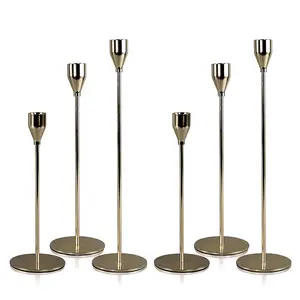

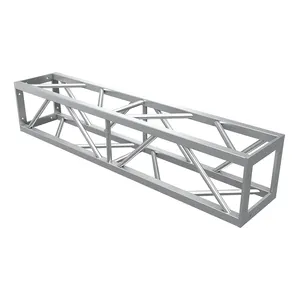

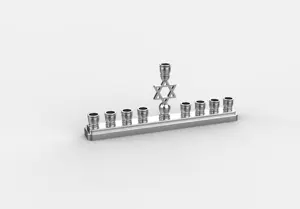



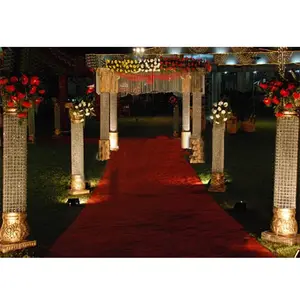


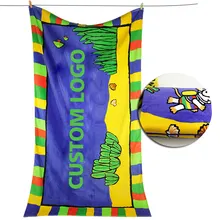

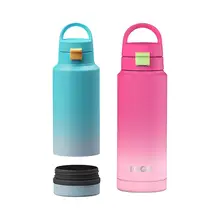
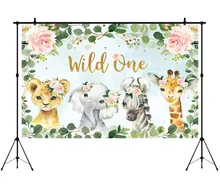


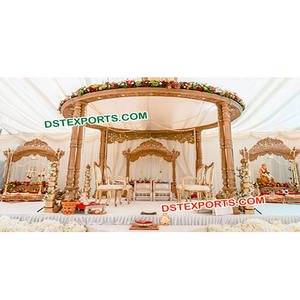







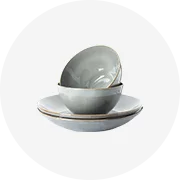













 浙公网安备 33010002000092号
浙公网安备 33010002000092号 浙B2-20120091-4
浙B2-20120091-4